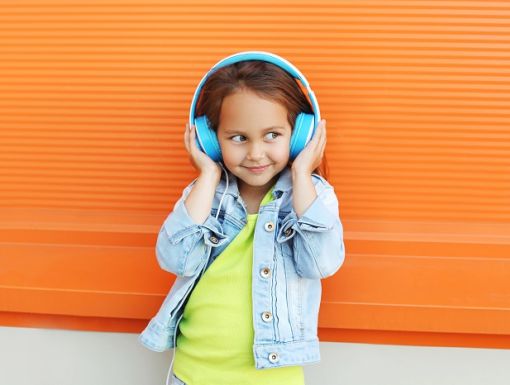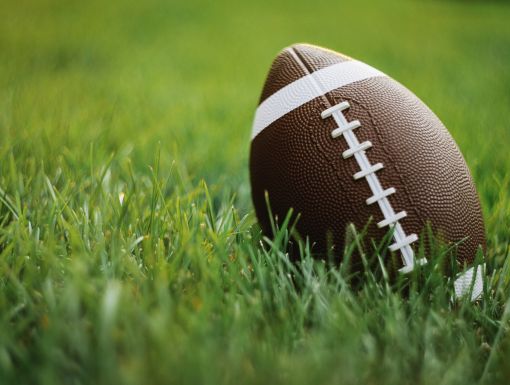
Too Many Cheers for Your Ears? Protect Your Hearing on Game Day
Expect the next Saints game at the Caesars Superdome to be loud. Really, really loud.
On Sept. 8, 2024, during the New Orleans Saints' season-opening game in the 'Dome, the fans' excitement was matched with lots of cheering. In the third quarter, Saints linebacker Demario Davis sacked the Panthers' quarterback, setting off a roar from the crowds.
How loud does it get inside the Caesars Superdome during a Saints game?
Our team measured the noise level at 137 decibels (which is louder than the official Guinness World Record for loudest indoor stadium cheer). Let's put that in perspective: 130 decibels is about the level of noise created during a military jet takeoff. 140 decibels is about the level of near-by fireworks. If a sound reaches 150 decibels, it’s enough to rupture your eardrum.
Can stadium noise at a football game actually cause hearing loss?
Yes, it can. In fact, your mother was probably right when she told you not to listen to your music too loudly. Levels of sound that exceed an average group conversation can contribute to hearing loss and put you at risk for tinnitus, a ringing or buzzing sensation in the ears.
Learn more about audiology at Ochsner.
Depending on who you're rooting for, the outcome of the game could break your heart. But it shouldn’t break your hearing. Here are a few things to keep in mind about hearing loss ahead of the next big game:
The louder the noise, the greater the risk.
But length of exposure is even more dangerous. Continuous loud noise is more hazardous than brief noise: The longer you're exposed, the more your hearing is at risk. At a football game, the noise levels fluctuate over time, so the risk of hearing loss as a spectator may be less than for someone working an eight-hour shift in a noisy factory. But you should still take precautions if you plan to be in a very loud environment.
What can I do to protect my ears in loud environments?
Pre-existing hearing loss may put you at greater risk. If you have experienced a temporary decrease in hearing, ringing or buzzing in the ears or permanent decreased hearing, then it’s time to take action to reduce further risk. Using a hearing protection device, like earmuffs or earplugs, is a great way to reduce the risk. Noise protectors are rated according to guidelines referred to as “Noise Reduction Rating” (NRR), which is a number that estimates the level of sound reduction in decibels expected for a given product. The larger the NRR, the greater the protection.
- Custom-fit noise plugs are comfortable, durable and recommended by most hearing healthcare professionals.
- You can also choose to use non-custom noise plugs. These are generally more comfortable to wear and usually disposable. However, reusing single-use plugs can lead to ear infections, so make sure you use a new pair each time.
- Earmuffs or noise-cancelling headphones can be worn over the ears and are very effective. However, they may be less comfortable in hot environments or for people who wear eyeglasses.
The impact of wearing multiple noise protectors is additive, which means it is possible to get greater benefit by "stacking" devices: Like wearing disposable foam ear plugs with earmuffs on top. But remember, hearing protection devices are designed to reduce the intensity of sound we’re exposed to, not eliminate it.
What are some signs that I might have hearing loss?
You might need to see an audiologist for a hearing evaluation if you:
- Strain to hear normal conversation
- Must watch other people’s mouths carefully to follow conversation
- Need to ask people to repeat what they’ve said
- Often misunderstand what people are saying
- Turn up the television or radio volume so high that others complain
- Feel that people are mumbling when they speak
- Notice that when using the phone you hear better with one ear than the other
So, what’s the bottom line? Understanding the risk of exposure to loud noise and awareness of the options available can help minimize your chance of hearing loss. Once your hearing is lost, you may not be able to get it back.



